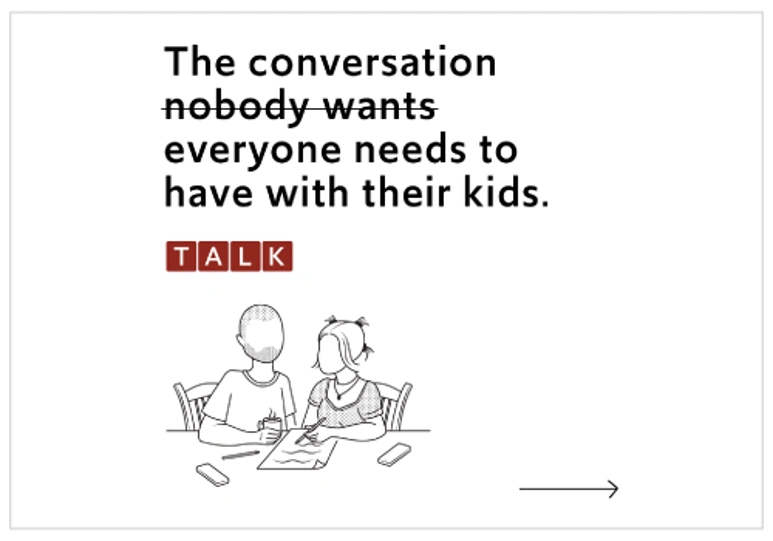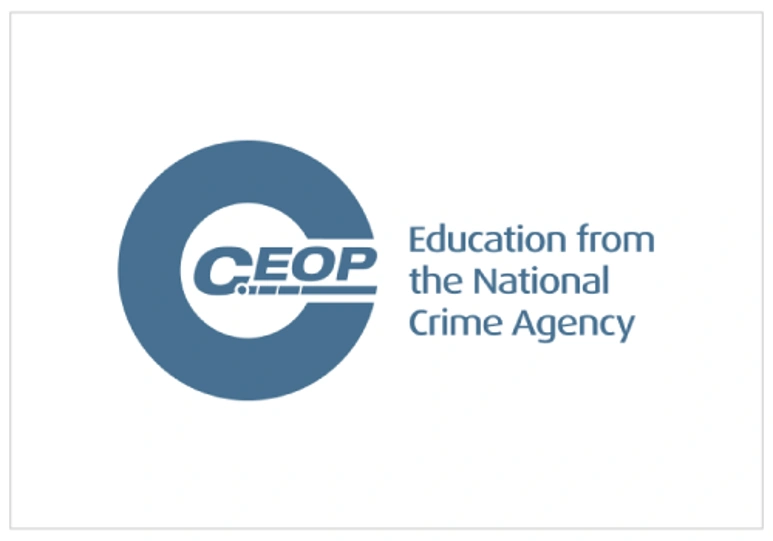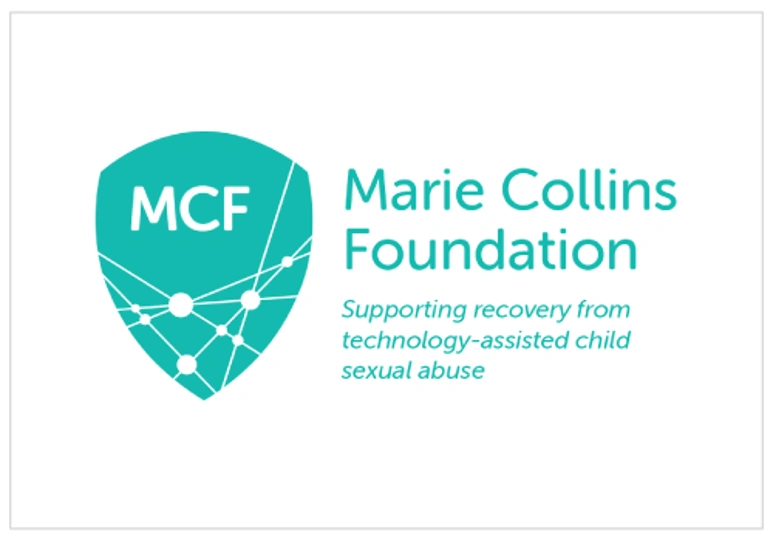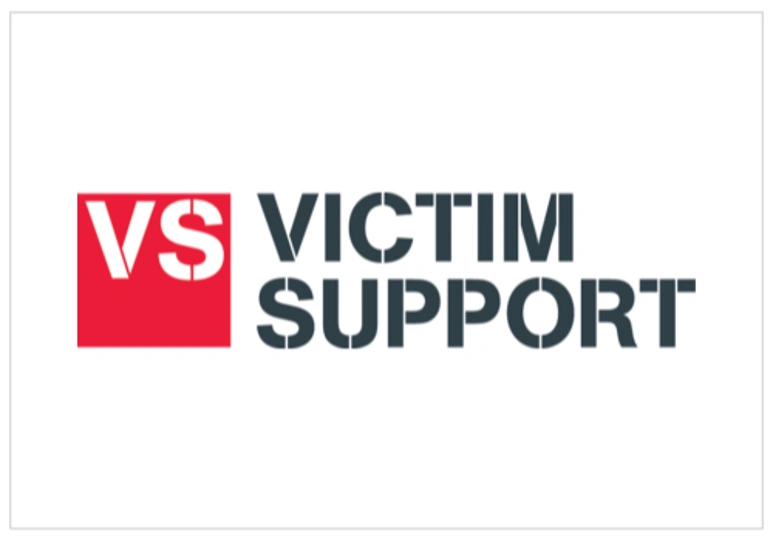
'Sextortion' or Sexually Coerced Extortion Help & Support
Is someone threatening to post nudes or sexual images of you, your child or a friend online?
Sexually coerced extortion or ‘sextortion' is a type of blackmail where someone tries to use intimate, naked or sexual photos or videos of you to make you do things you don't want to do. Sometimes, these photos or videos are taken without your knowledge, and the person blackmailing you uses them to force you to pay money or do something against your will.
Criminals often target people who use dating apps, social media platforms, webcam/live streaming sites or websites related to pornography. They might pretend to be someone else online and become friends with you. Later, they might threaten to share pictures or videos with your family and friends.
Remember, if you ever find yourself in a situation like this, it's important to know that the victims of 'sextortion' are never to blame. The criminals who try to extort money or make victims do things they don't want to do are the ones at fault.
Our team frequently see both boys and girls as targets for 'sextortion'. It's important to know that this crime can impact people of any sex or age.
I need help now
What to do if you, your child or a friend are a victim of sextortion
We understand it may be a very distressing and anxious time for you.
Don’t blame yourself or your child – these schemes are very convincing and sophisticated, and sadly are becoming more and more common. You are not alone in experiencing this.
Choose the option below that best describes you for advice and support.
What is sextortion?
Where technology connects us in various ways, it's important to be aware not only of the huge benefits but also the possible risks associated with online interactions. One such threat is sexually coerced extortion or 'sextortion' - a serious form of blackmail that involves the exploitation of nude, explicit or sensitive images or videos to coerce victims into unwanted actions such as sharing further explicit imagery or paying to prevent further sharing. Sextortion is a distressing crime that can have severe emotional and psychological consequences.
Our analysts at the IWF are receiving increasing reports of this type of crime. Sometimes the blackmailer shows the victim a compilation of images which includes the original nude or intimate image which was first shared, plus the victim’s social media accounts, friends and family lists, as well as falsely accusing the victim of crimes that they haven’t committed.
This IWF resource aims to provide an understanding of sextortion, including its definition, common tactics employed by criminals, and practical steps to take if you find yourself or your child victimised by this distressing crime.
Understanding sextortion
Sextortion is a type of blackmail in which an individual manipulates or threatens to distribute explicit or intimate material (such as explicit sexual images or videos) of the victim unless certain demands are met.
Criminals often target individuals through online platforms, social media, or dating apps. They may establish trust and rapport, leading victims to share intimate content willingly or unknowingly through webcam sessions or private messages.
Sextortion can cause significant emotional distress, feelings of shame, fear, and anxiety. It's crucial to remember that victims are never at fault, and support is available to help cope with the aftermath.
Recognising sextortion warning signs
- Be vigilant for potential red flags indicating sextortion attempts, such as receiving unsolicited explicit content, sudden or relentless requests for intimate images, or persistent demands for personal information.
- Threatening language around the loss of viewers or followers on social media if demands are not met or images and videos are not sent.
Recognising your child, or a child you know, may be a victim of sextortion
It's important to note that every child may react differently when being sexually extorted, and the signs may vary depending on their personality, age, and other factors. However, here are some potential changes in behaviour that could indicate a child is being sexually extorted.
- Emotional distress: The child may display signs of increased anxiety, fear, or mood swings. They may appear more withdrawn, depressed, or easily agitated.
- Social withdrawal: The child might start avoiding social interactions or spending less time with friends and family. They may become isolated and reluctant to participate in activities they used to enjoy.
- Change in online behaviour: If a child is being sexually extorted, they may exhibit specific alterations in their online activities, such as spending excessive amounts of time online, becoming secretive about their online interactions, or suddenly avoiding or deleting social media accounts.
- Unusual behaviour with money, gift vouchers, online currencies etc.: The child is spending more money than usual or has less money than you would expect. They may steal money from you or other family members.
- Unusual secrecy: The child may become unusually secretive about their personal life, activities, or online interactions. They might express reluctance or defensiveness when questioned about their online behaviour or communication.
- Sudden drop in academic performance: Sextortion can have a significant impact on a child's emotional wellbeing, which may lead to a decline in their academic performance. They may struggle with concentration, lose interest in schoolwork, or show signs of distress during school hours.
- Change in attitude to school: They may see school as their safe place and enjoy the break from devices if the perpetrator/extortionist is outside the school community.
- Sleep disturbances: Sextortion can cause significant stress and anxiety, leading to changes in sleep patterns. The child may experience difficulties falling asleep, frequent nightmares, or increased night-time awakenings.
- Avoidance of electronic devices: If a child is being sexually extorted, they might display an unusual aversion to using electronic devices or express discomfort when receiving messages or calls. They may try to limit their online presence or avoid using specific apps or platforms altogether.
- Self-harm or suicidal ideation: The child might exhibit signs of self-harm, suicidal thoughts or express feelings of hopelessness. These signs should be taken extremely seriously, and immediate professional help should be sought (see Help and support below).
It's important to remember that these behavioural changes could indicate various issues, not just sextortion. If you notice any significant and persistent changes in a child's behaviour, it is crucial to approach the situation with sensitivity, open communication and seek professional help if necessary.
What to do if you are a victim of sextortion
- This is not your fault and there is nothing to be ashamed or embarrassed about. It may make you feel upset and helpless, but support is available from trusted, non-judgemental and understanding people and organisations (See Help and support).
- Stay calm and reach out for help: Ask for assistance from a trusted adult or support helpline immediately.
- Preserve evidence if possible: Save messages and record any communication related to the incident. This evidence can be valuable for legal purposes and reporting the crime.
- Stop all communication: Discontinue any interaction with the perpetrator and block them on all platforms to prevent further manipulation or harassment.
- Report the incident: Contact your local police and provide them with the evidence and details of the sextortion incident. They can guide you on the necessary steps to take.
- Report Remove: If you or your child are under 18, images and videos can be submitted to Report Remove – an online tool developed by the IWF and Childline/NSPCC to help young people in the UK to confidentially report sexual images and videos of themselves in an effort to have them removed from the internet.
- Inform parents or a trusted adult: Share the situation with a responsible adult who can provide support, help in reporting the crime, and assist in navigating the emotional challenges that may arise.
- Seek professional help: Reach out to counsellors, therapists, or support organisations specialising in cybercrime or victim support (See Help and support). They can offer guidance and help you cope with the emotional impact of being sexually extorted.
- Alert relevant platforms: Report the offender and the incident to the platform or website where the initial contact or harassment occurred. They can take necessary action to prevent others from becoming victims.
- Be cautious of re-victimisation: Offenders can be persistent. Despite all attempts to avoid, block and secure your personal information and online presence, they may still manage to contact you. They can be very determined. Again, this is not your fault. Try to ignore and continue to report.
Protecting yourself or your child from sextortion
- Practice online safety: Be cautious about the personal information you share online, understand privacy settings, and regularly review your social media account’s security measures. The National Cyber Security Centre offers helpful guidance.
- Strengthen passwords: Use strong, unique passwords for each online account, and consider utilising password managers for added security.
- Enable two-factor authentication: Activate this feature whenever available, as it adds an extra layer of protection to your online accounts.
- Trust your instincts: If someone online makes you uncomfortable or tries to pressure you into sharing explicit content, remember that you have the right to say no and stop any contact.
Sextortion Help and Resources
If a child is in immediate danger, call 999 or the police emergency phone number in your country.
Advice and guidance

Our TALK checklist offers parents/carers advice on how to have useful conversations with your child.

Gurls Out Loud offers simple guidance for young people on what to do if they’re approached for nudes online.

Advice from the Met Police on what sextortion is and what to do if you've been targeted.

Get Safe Online offers advice if you’ve been a victim of blackmail or online grooming and online safety guidance.

CEOP Education provides a variety of guidance for children, parents/carers and professionals working with young people.

A helpful guide from the National Cyber Security Centre on how to protect yourself from sextortion phishing scams.

The Revenge Porn Helpline supports adults (aged 18+) experiencing intimate image abuse, also known as revenge porn.

StopNCII.org helps people have non-consensual intimate images (nudes, explicit images etc.) removed from the internet.

Childline offers support and guidance for children on a variety of issues including what to do if you’re being pressured to share sexual images or videos of yourself.

The Marie Collins Foundation offers free support for victims and survivors of sexual abuse. Specialist staff can offer someone to talk to, support and practical advice.

Samaritans offer a non-judgemental person to talk to. Call, email or live chat with them anytime. Call free on 116 123.

Victim Support is an independent charity dedicated to supporting victims of crime and traumatic incidents in England and Wales.

Are you, or is a young person you know, not coping with life? PAPYRUS Prevention of Young Suicide offers a 24/7 helpline to speak with an understanding and non-judgemental person. Call free on 0800 068 41 41.


CALM (Campaign Against Living Miserably) offer support for people over the age of 15 who are having suicidal thoughts or feelings. Open from 5pm to midnight every day of the year: 0800 58 58 58

Hub of Hope offers a database of mental health support organisations for people experiencing mental and emotional distress.
Services and links on this page are for information purposes only and not in any way endorsements or recommendations of the specific service. Please see our Website Terms of Use for more information.


